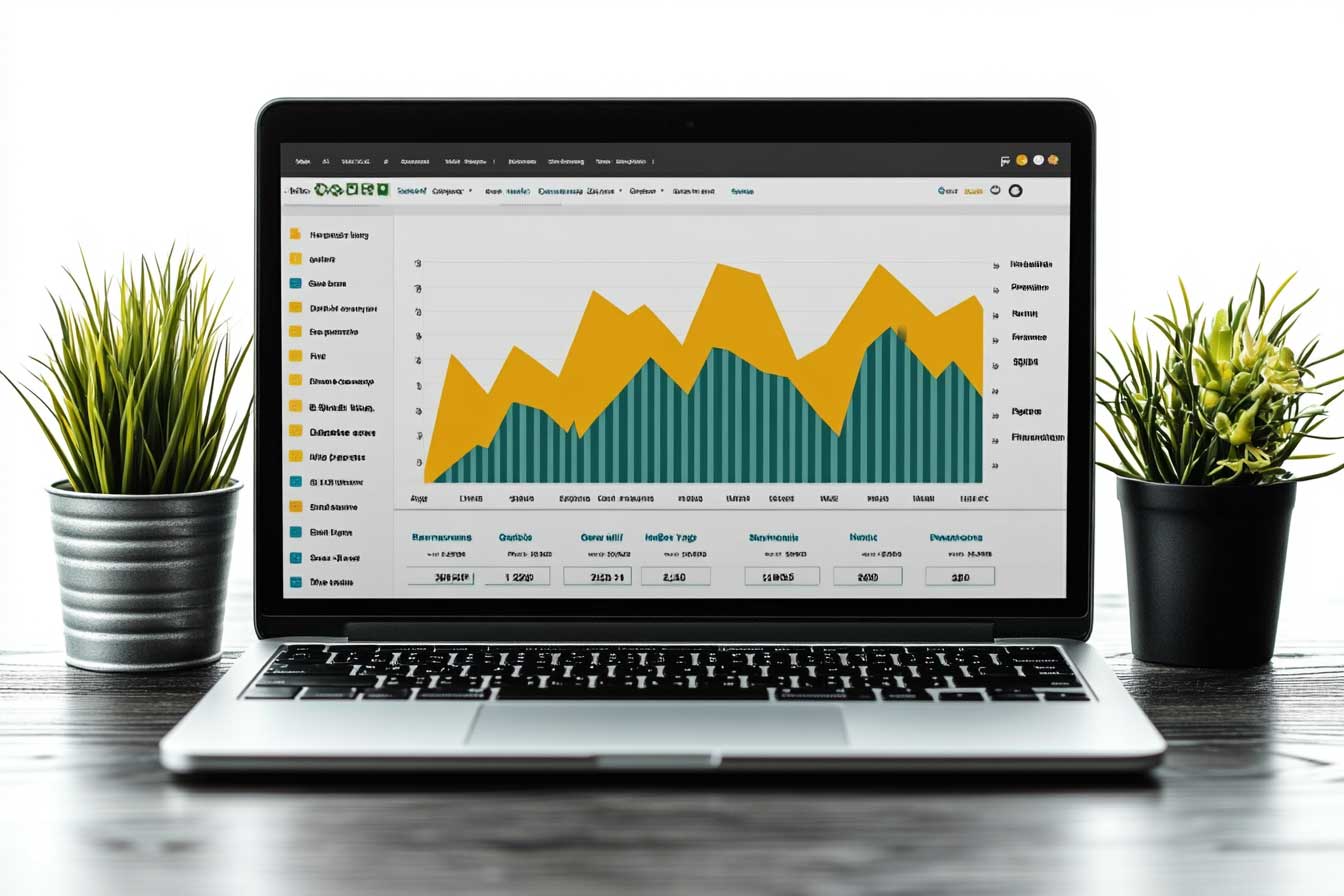
Search engine optimization (SEO) is essential for any business aiming to increase online visibility. As Google’s algorithms become more sophisticated, businesses must adapt their SEO strategies to stay competitive. This article outlines proven strategies to help your website rank higher on Google.
Google prioritizes websites that offer excellent user experiences. Ensure your website is mobile-friendly, loads quickly, and is easy to navigate.
Google’s Core Web Vitals focus on:
Instead of competing for broad keywords, use long-tail keywords that match user intent. Tools like Google Keyword Planner and SEMRush can help identify high-ranking keywords.
Content is king in SEO. Google rewards in-depth, well-researched, and authoritative content. Aim for blog posts with 1000+ words, structured with headings, bullet points, and relevant visuals.
Optimize key elements:
Google displays featured snippets at the top of search results. Use concise answers, lists, and tables to increase chances of being featured.
Earning backlinks from authoritative sites improves credibility. Engage in guest blogging, influencer collaborations, and digital PR to gain quality backlinks.
For businesses targeting local audiences:
Videos are favored by Google. Optimize YouTube videos with keyword-rich titles, descriptions, and tags to rank better.
Use tools like Google Analytics, Search Console, and Ahrefs to track rankings and refine your strategy accordingly.
SEO is an ongoing process that requires consistency and adaptation. By implementing these strategies, you can improve search rankings and drive organic traffic to your website.